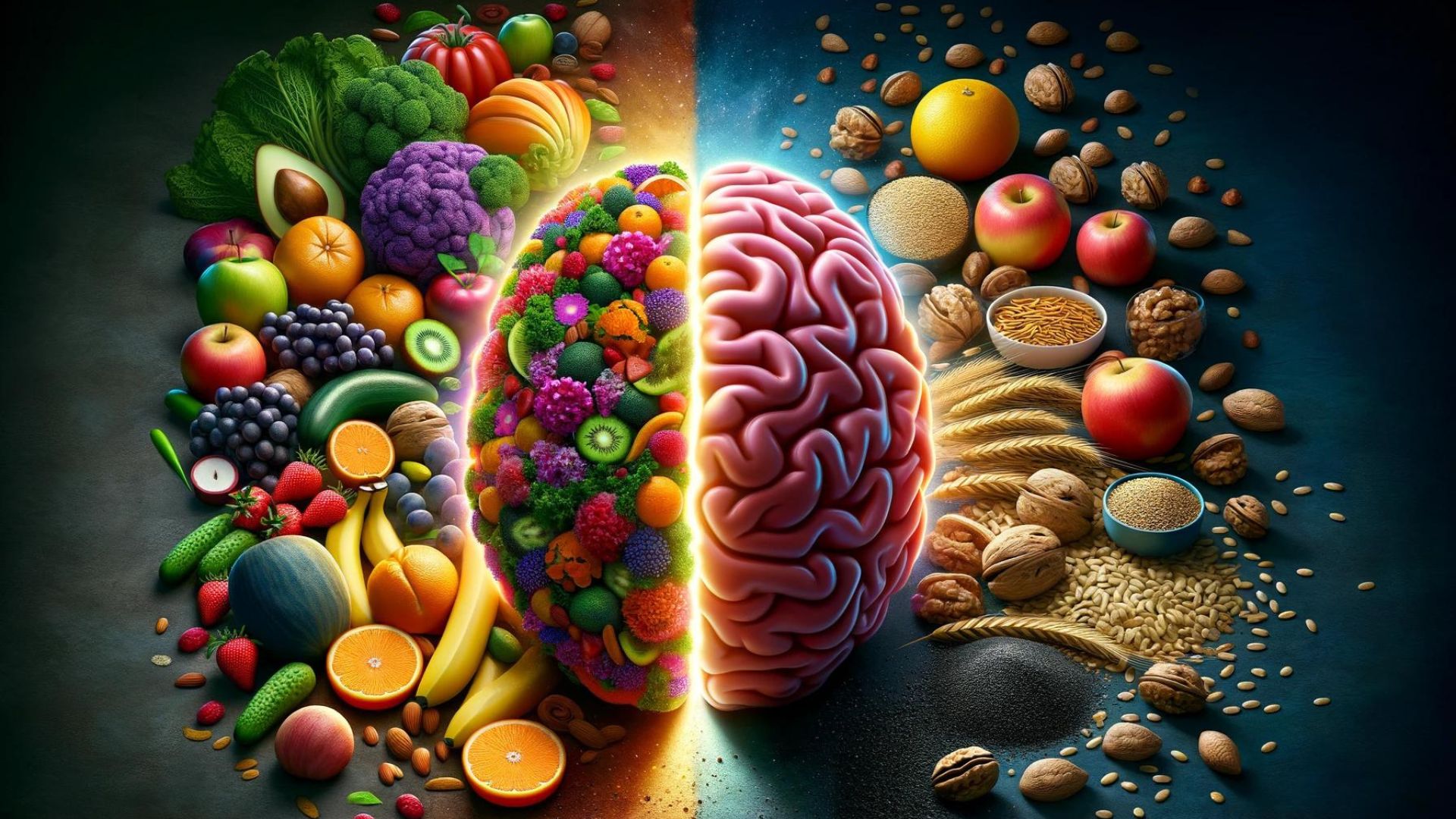The Impact of Nutrition on Brain Development and Learning
Imagine your brain as a high-performance engine. Just as a powerful car requires the right kind of fuel to run at its best, your brain needs a steady supply of specific nutrients to function optimally. What you eat directly impacts how well you learn, retain information, solve problems, and even control your emotions.
Think back to a time you tried to study on an empty stomach or after a meal filled with sugary snacks. Did you feel focused and alert? Probably not. Our brains are incredibly nutrient-hungry organs, and what we feed them forms the building blocks for the very processes that allow us to take in and understand new information.
The Essential Nutrients for Brainpower
Let’s take a look at some of the critical nutrients that power your incredible brain:
- Omega-3 Fatty Acids: Think of these as the “lubricant” for your brain, helping information flow smoothly and promoting healthy brain cell development. Foods rich in omega-3s include fatty fish like salmon, nuts, and seeds.
- B Vitamins: This family of vitamins is essential for brain energy production, cell communication, and the protection of neurons. Find B vitamins in whole grains, leafy green vegetables, and meat.
- Iron: Iron plays a vital role in transporting oxygen to the brain, which is crucial for focus and concentration. You’ll find iron in meat, beans, fortified cereals, and dark, leafy greens.
- Zinc: This mineral is important for brain signaling and memory formation. Good sources of zinc include oysters, beef, and pumpkin seeds.
The Real-World Impact
The impact of nutrition on your brain isn’t just theoretical. Studies have shown that children who eat a healthy breakfast perform better on tests and exhibit improved behavior in the classroom. On the flip side, diets high in processed foods, sugar, and unhealthy fats can contribute to brain fog, irritability, and difficulty focusing – none of which are a recipe for academic success.
The benefits of proper nutrition extend far beyond the classroom. Nourishing your brain helps you make better decisions, regulate your emotions, and develop the resilience needed to face life’s challenges.
Action Point: Start Fueling Your Success
The good news is that you have the power to give your brain the fuel it craves. Here’s how to start making simple changes that make a big difference:
- Focus on Whole Foods: Make fruits, vegetables, whole grains, and lean protein sources the stars of your meals and snacks.
- Choose Healthy Fats: Include foods rich in omega-3 fatty acids like nuts, avocados, and fatty fish several times a week.
- Read Food Labels: Be mindful of hidden sugars and unhealthy fats in processed and packaged foods.
- Hydrate: Your brain is largely composed of water, so staying hydrated is essential for clear thinking.
By understanding the powerful connection between nutrition and brain function, you gain the ability to set yourself or your children up for success both inside and outside the classroom. Fuel your brain, fuel your future!
Why Should You Care?
Understanding the link between nutrition and brain health is vital because:
- Improved Academic Performance: Good nutrition supports optimal brain function, which directly impacts our focus, memory, and ability to learn.
- Enhanced Emotional Well-being: A well-nourished brain is better equipped to handle stress, manage emotions, and maintain a positive outlook.
- Lifelong Brain Health: The choices you make today regarding nutrition can influence your brain health and cognitive function well into the future.
Key Takeaways
- Your brain needs specific nutrients to function at its best.
- A diet focused on whole foods promotes optimal brain health.
- Poor nutrition can negatively impact learning, focus, and mood.
- Small dietary changes can significantly impact your brainpower.
Keywords with Definitions
- Nutrition: The process of providing or obtaining the food necessary for health and growth.
- Brain Development: The biological processes through which the brain grows, changes, and gains new abilities over time.
- Learning: The acquisition of knowledge, skills, or behaviors through study, experience, or instruction.
- Cognitive Function: Mental processes that include attention, memory, problem-solving, decision-making, and language.
- Diet: The kinds of food that a person or other organism habitually eats.
- Omega-3 Fatty Acids: Healthy fats that are essential for brain function and development.
- Whole Foods: Foods that are unprocessed and free from additives and artificial ingredients.
- Processed Foods: Foods that have been altered from their natural state, often through the addition of preservatives, sugars, and unhealthy fats.
- Hydration: The process of providing the body with adequate fluids.
- Nutrients: Substances in food that provide energy, promote growth, and support vital bodily functions.
Frequently Asked Questions
- What about supplements? Can they replace a healthy diet? While some supplements may be beneficial, whole foods should always be the cornerstone of a brain-boosting diet.
- How long does it take to see the effects of dietary change on brain function? While individual results vary, you may notice improvements in focus and energy fairly quickly, with longer-term effects on memory and mood emerging over time.
- Are there specific foods I should avoid for my brain health? Focus on limiting processed foods, added sugars, unhealthy fats, and excessive caffeine.
Myth Buster
- Myth: All fats are bad.
- Reality: Healthy fats, like omega-3s found in fish and nuts, are crucial for optimal brain function.
Let’s Talk
- What’s one change you’re making to your diet after reading this?
- What are your go-to healthy snacks for fueling your brain?
- Have you noticed a difference in your focus or mood in relation to your diet?
Don’t forget to share your thoughts in the comments!










0 Comments